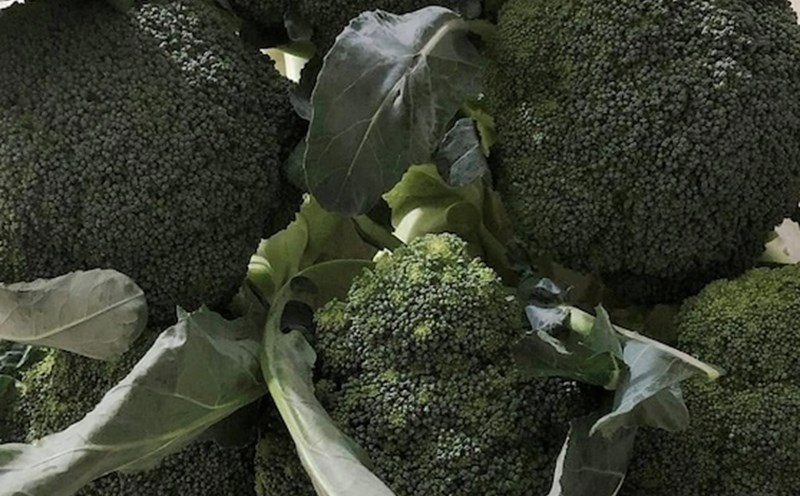Among the familiar green vegetables, kale is considered to contain a lot of natural calcium, which helps strengthen bones and prevent osteoporosis. Not only rich in vitamins and minerals, kale is also an easy-to-absorb source of calcium, suitable for vegetarians and those who are lactose intolerant.
According to the United States Department of Agriculture (USDA), a cup of cooked kale contains more than 170 mg of calcium, equivalent to 15% of the daily needs of adults. In particular, calcium from green vegetables is well absorbed, not less than milk. In addition, kale is also rich in vitamin K, magnesium and potassium, important nutrients that support bone minerals, reducing the risk of fractures in the elderly.
Dr. Katherine Tucker, a nutritionist at the University of Massachusetts (USA), commented: A diet rich in leafy greens, especially kale, helps supplement calcium naturally without having to rely solely on milk and dairy products. This is an ideal choice for those who want to protect their bones and joints for a long time.
In addition to kale, other cruciferous vegetables such as broccoli, cumin, spinach are also rich in calcium and antioxidants, which help reduce inflammation, support the cardiovascular and digestive system.
Experts recommend that to make the most of calcium, kale should be processed by steaming, stir-frying quickly or making smoothies. Combining with a source of vitamin D from sunlight or foods rich in vitamin D will help the body absorb calcium better.











